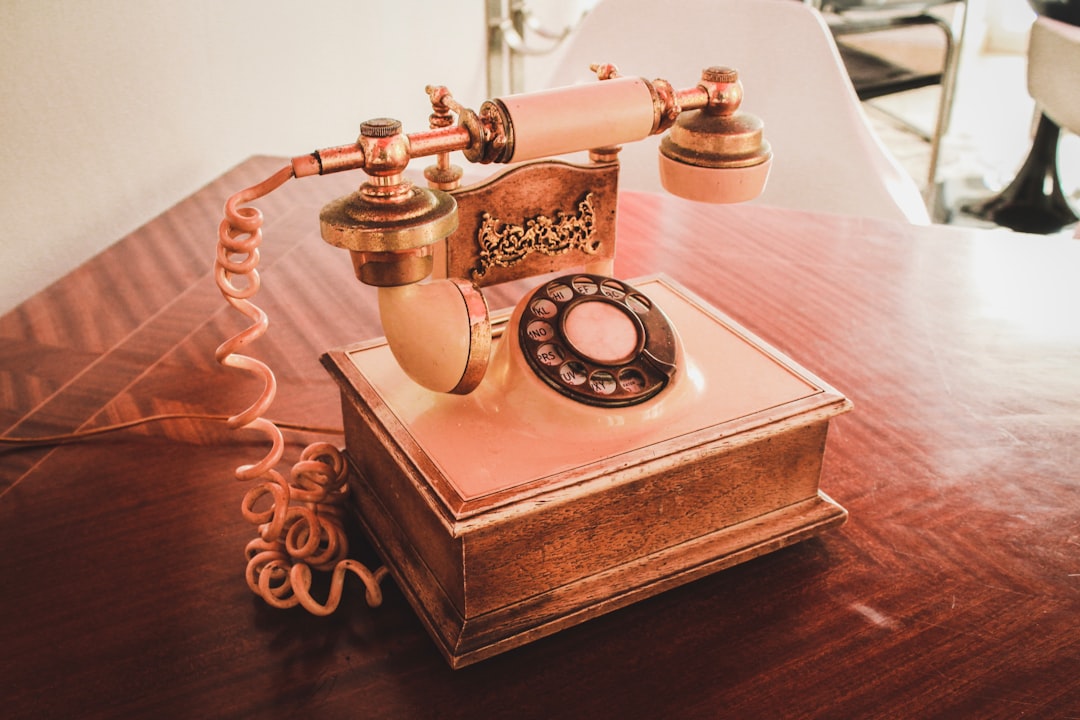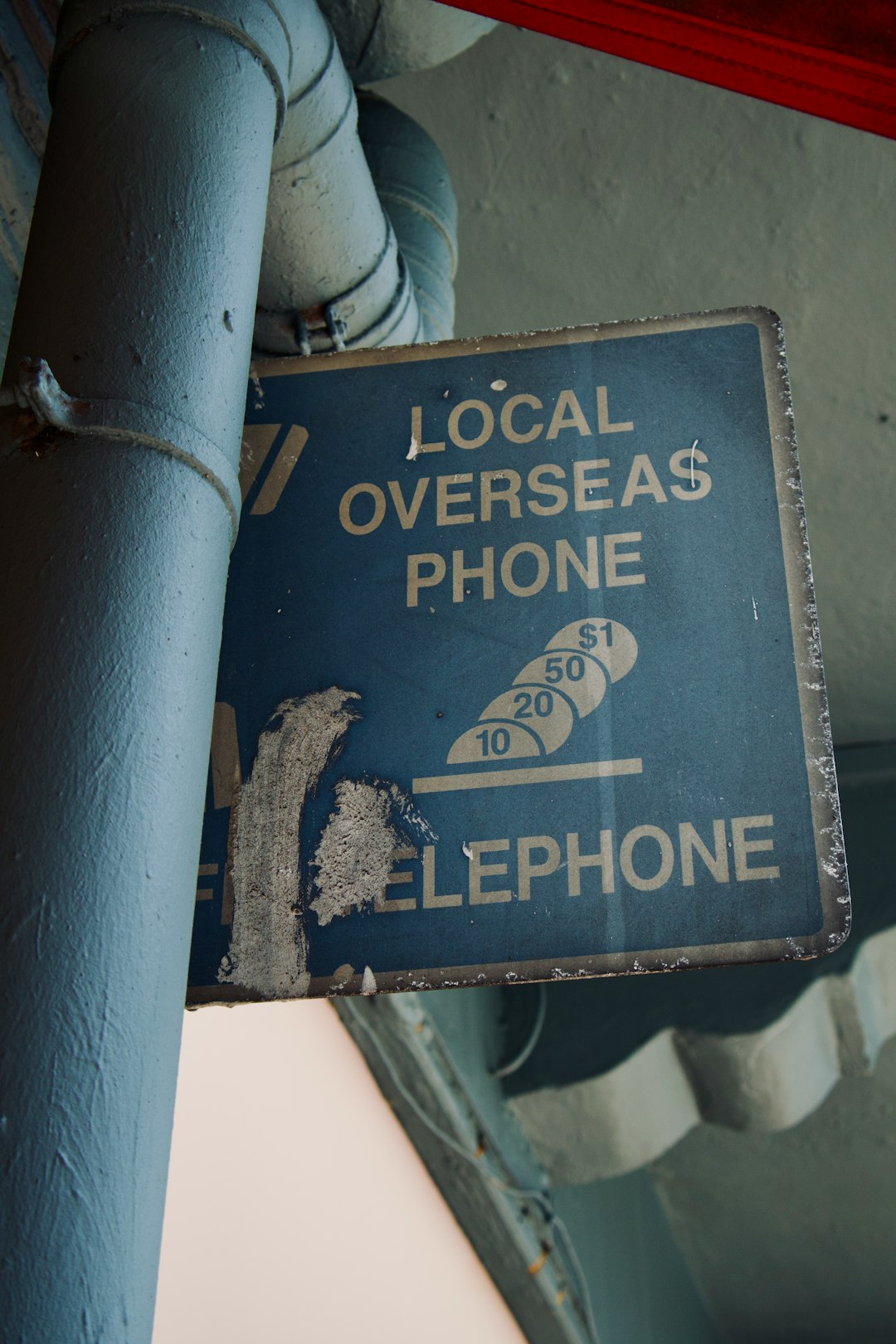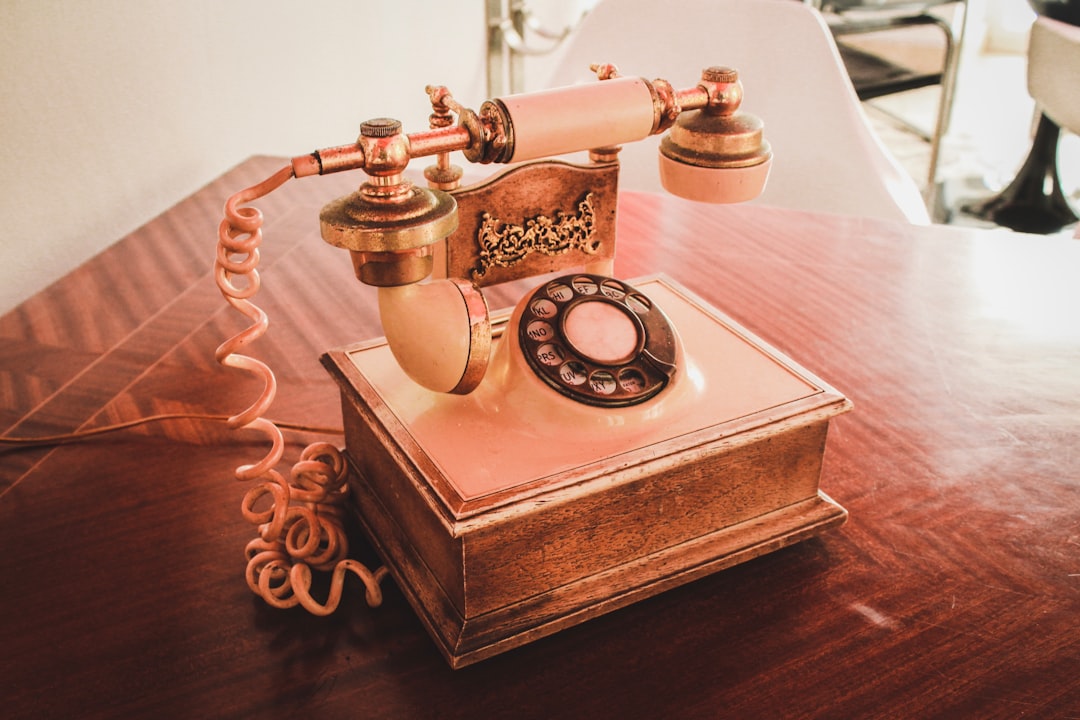Seniors in Baton Rouge and Louisiana are targeted by sophisticated phone scams. Scammers impersonate authorities or charities to gain personal data or pressure them into making quick financial decisions. Protecting elders involves educating them about these risks, encouraging them never to share sensitive info over the phone unless they initiated the call. Registering for the National Do Not Call Registry and recognizing urgent language as a red flag are vital defenses. Using keywords like "Do Not Call Lawyer Louisiana" raises awareness of local support systems offering protection, education, and legal action against scammers.
In Baton Rouge, as across Louisiana, seniors are increasingly targeted by sophisticated telephone scams. Understanding these common schemes is the first step to protecting vulnerable family members. This article equips you with strategies to identify red flags and set boundaries effectively. Learn how a ‘Do Not Call’ lawyer or attorney in Louisiana can help, along with leveraging local resources for enhanced protection. By implementing these tips, you can help ensure your loved ones stay safe from phone scams.
Understanding Common Telephone Scams Targeting Seniors in Louisiana

In Baton Rouge and across Louisiana, seniors are often targeted by sophisticated telephone scams, preying on their trust and vulnerability. Common schemes include impersonating government officials, utility companies, or even law enforcement to gain personal information or financial details. Scammers may claim there’s a legal issue requiring immediate payment or threaten consequences for not cooperating. They might also pose as representatives from popular charities, pressuring seniors to make quick decisions without verifying their legitimacy.
Given the prevalence of these scams, it’s crucial for families to educate their elders about potential risks. Teach them never to share personal or financial information over the phone unless they’ve initiated the call and are certain of the other party’s identity. Encourage them to verify any unexpected calls by contacting official channels directly—for instance, using a known lawyer’s office number from a trusted source rather than the one provided in a suspicious call. Additionally, registering for the National Do Not Call Registry can help block many of these unwanted and potentially harmful calls. Remember, if something seems too good to be true or urgent, it likely is.
How to Spot Red Flags and Protect Vulnerable Family Members

Recognizing red flags is an essential first step in protecting your vulnerable family members from telephone scams. Scammers often target seniors and individuals with limited access to information, preying on their trust and fear. They may use urgent language, claiming there’s a problem with a financial institution or government agency, and demand immediate action. Be wary of unexpected calls, especially those pressuring you to provide personal or financial details over the phone.
To safeguard your family, educate them about common scam tactics. Encourage them not to share sensitive information with anyone who initiates a call, regardless of how convincing or urgent the request seems. Suggest they hang up immediately if a caller demands money or threatens consequences for non-compliance. Additionally, advise them to verify any suspicious calls by contacting the organization directly using known and trusted contact details, avoiding those provided during the call. Remember, legitimate organizations will never ask for sensitive information over the phone without prior notification.
Strategies for Communicating Effective Boundaries with Relatives

Setting clear boundaries with family members is essential when it comes to protecting them from telephone scams. A common mistake many people make is assuming their relatives understand the potential dangers of unsolicited calls, especially from law firms or attorneys advertising legal services. However, these conversations often require a gentle yet firm approach to ensure your messages are heard and respected.
When discussing this topic with family, consider using phrases like “I want to protect you from unwanted calls” or “Let’s set some boundaries to keep our conversations private.” Explain that while you value their connection, you must refrain from calling them on behalf of lawyers or law firms in Louisiana, especially those promoting ‘Do not call’ services. Emphasize that by avoiding these calls, they can reduce the risk of becoming a victim of scams and protect their personal information.
Local Resources and Support in Baton Rouge for Do-Not-Call Protection

In Baton Rouge, Louisiana, there are numerous local resources and support systems available to help residents protect themselves from telephone scams. One effective measure is to register for Do-Not-Call protection through recognized legal channels. Individuals can turn to reputable Do not call lawyer Louisiana, do not call attorneys Louisiana, or do not call law firms Louisiana for guidance and assistance. These professionals can provide advice on how to navigate scam calls and, if necessary, take legal action against persistent scammers.
Local non-profit organizations and government agencies also offer valuable resources for do not call protection. They educate the public about common scams and provide tools to block unwanted calls. By leveraging these local resources, Baton Rouge residents can significantly reduce their chances of falling victim to telephone scams and enjoy greater peace of mind when using their phones.






